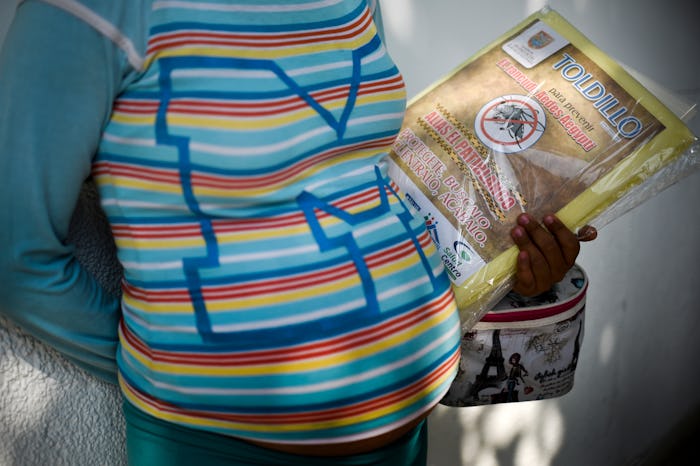Life

Where Is Zika Worst In Puerto Rico? The Virus Is Widespread
The Zika virus has hit Puerto Rico harder than any other part of the United States and it’s especially concerning for both locals and travelers. Health authorities estimate that the tropical territory has nearly nine thousand confirmed locally transmitted cases of Zika so far. Some parts of the tropical paradise may have a worse mosquito problem than others, but where is Zika worst in Puerto Rico? The massive outbreak had been feared for quite some time now and due to geographical and financial factors have contributed to the virus being able to spread so rapidly.
Puerto Rico’s climate, forests, and oceans make a perfect home for the Aedes aegypti mosquito, which is known to spread Zika as well as other mosquito-transmitted diseases, like dengue and chikungunya. Mosquitoes are just a part of Puerto Rican life and whether you’re relaxing at the beach, hiking in the rainforest, or even just hanging around indoors, there is a very high chance that a Zika-infected mosquito is buzzing around.
Mosquito bites and the Zika virus are so prevalent on the island that the Centers for Disease Control and Prevention (CDC) has projected that more than 20 percent of Puerto Rico's population of nearly 3.5 million people would be infected with the virus by this summer.
But, since Puerto Ricans are so accustomed to mosquitoes bites and the diseases they can potentially spread, it's been difficult to curb the outbreak with insecticides, which have unfortunately proven to be ineffective because, over the years, mosquitoes have a built a resistance to it.
Another contributing factor is Puerto Rico's debt crisis. According to The New York Times, the territory's debt is around $70 million, which has been difficult to pay back while authorities are doing their best to keep up with health care and education during the Zika crisis.
Still, Puerto Rican officials are realistic about these factors that pose a serious risk to its residents and are aware Zika is going away any time soon.
"There’s going to be infected women. And there might be babies born with developmental problems. So we’re not saying we’re going to eliminate all risk," Puerto Rico’s territorial epidemiologist Brenda Rivera told health and medicine website STAT. "But we have to decrease it as much as possible. We have to do everything in our power to keep those populations safe."
The CDC has advised pregnant women not to travel to parts of the Puerto Rico as they deal with the crisis. Zika is widespread throughout the region, so it's difficult to pinpoint one area that has it much worse than others. Mosquitoes are a fact of life in the tropical paradise and so are preventative measures, like frequent use of insect repellent for both residents and travelers.